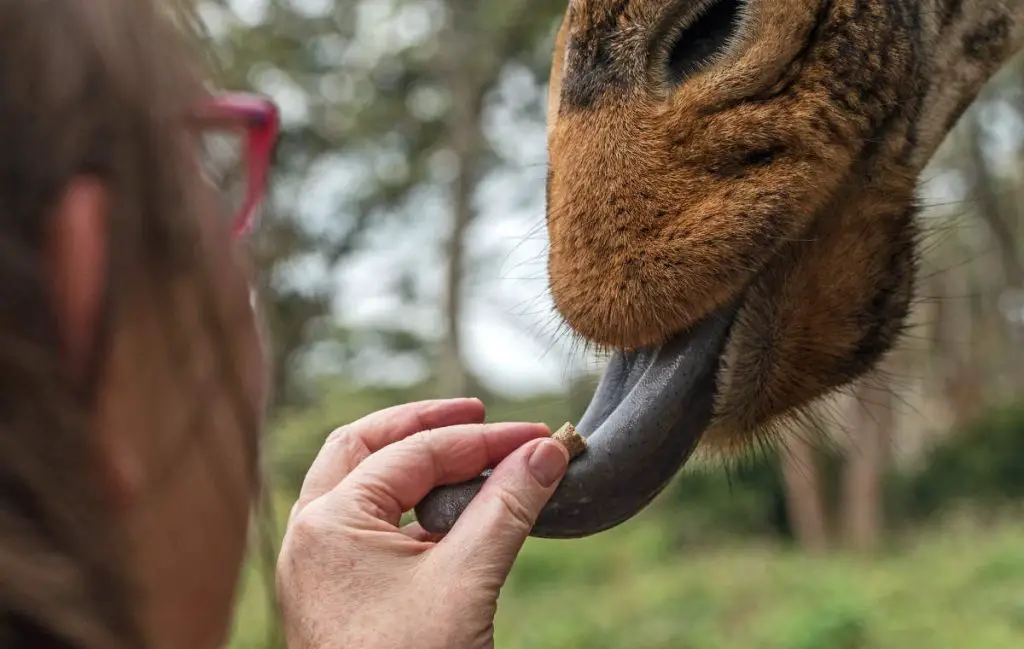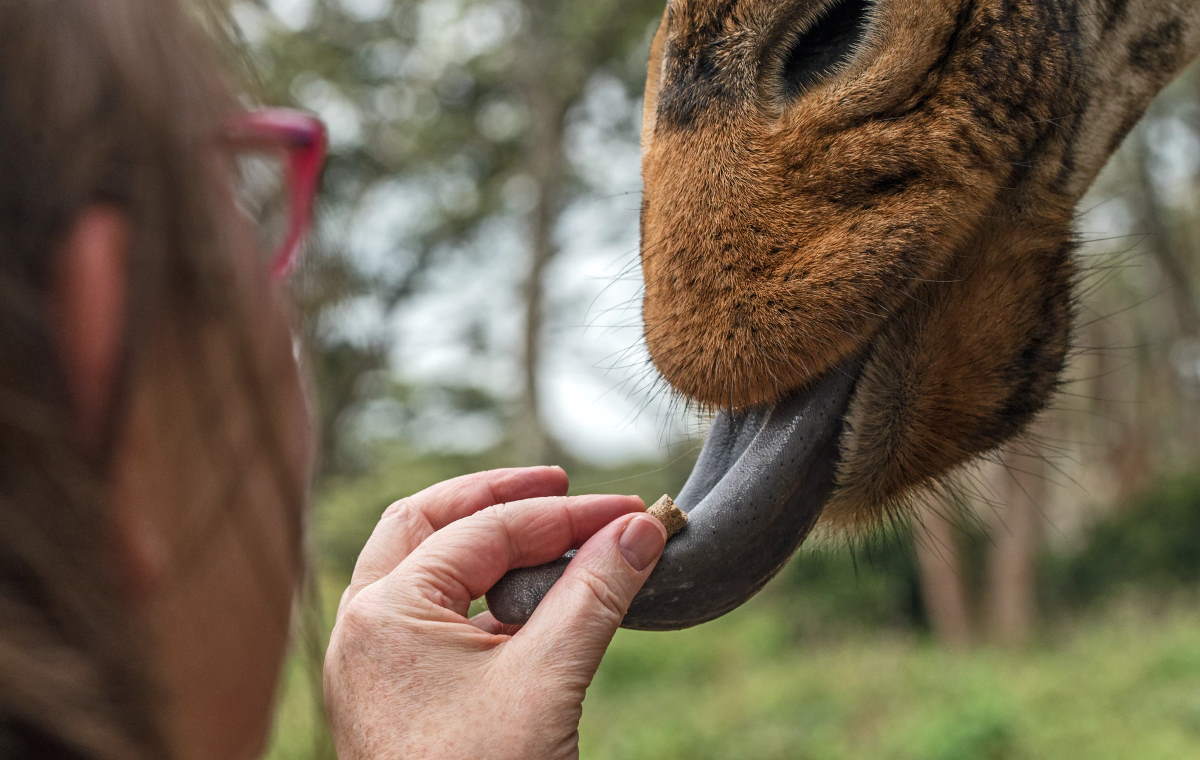The world looked very different for early humans, and their daily life was vastly different from that of people living in the 21st century. Our five senses, once crucial to our survival, are easy to take for granted. For most modern humans, food is easily accessed, and we spend the bulk of our time indoors, well protected from the elements and various dangers.
Yet our five senses shouldn’t be discounted, as they are how we interact with our surrounding environment, as well as other people and members of the animal kingdom. Our senses connect us to tastes, sounds, and sights that bring us joy, such as our favorite music or sweet treat. They also help keep us safe, allowing us to identify possible dangers and respond appropriately. For example, the smell of sulfur, natural gas, triggers us to take action in order to protect ourselves and those around us.
In this way, the core function of our senses hasn’t changed much over the last few millennia, but particular details have evolved over time. Humanity’s understanding of the five senses starts with the youngest members of modern society: newborn babies. It is generally agreed that the sense of touch is the first to develop, fully noticeable as early as three weeks after birth. Taste and smell quickly follow, working in tandem to help identify sources of food – in the case of babies, formula, or breast milk. Interestingly, hearing and sight, vital to modern life, are the last senses to completely develop.
Our five senses also evolve (and subsequently degrade) as we age. Further, modern life has helped change the course of evolution, at least where our senses are concerned. Let’s take a look at the function of our five senses in the modern world: Sight, sound, touch, taste, and smell.
The Power of Sight
Pardon the pun, but sight can look very different among differing species. The eyes of primates, for example, don’t function in the same way as the eyes of other mammals. For starters, primates have larger eyes than most mammals with comparable body sizes. Eye orientation is distinctive among primates, as well. The forward-facing eyes of humans and other primates also produce a broad field of binocular vision, possibly due to the fact that primates typically process a much larger amount of visual data than less evolved non-primates.
Despite the seemingly advanced eyes seen in primates, however, these organs are far from perfect. In fact, an estimated 90% of the global population has imperfect vision, and about 60% require corrective lenses of some sort in order to access their full visionary potential. An increasingly digital life, where people stare at bright lights and screens for hours at a time, has only served to compound eye problems among global populations. Myopia, also known as nearsightedness, is increasingly common.
Our eyes may also have problems perceiving color, putting us at a further disadvantage, evolutionarily speaking.
The ability to identify colors is integral to our survival, as we can better identify things that may be harmful based on their color. As omnivores, humans have trichromatic vision, or the ability to perceive a variety of colors. Trichromatic vision is unique to humans and Old World primates, including gorillas, chimpanzees, and orangutans. This type of vision sets primates apart, with color serving to affect our perception of the world. The color red, for example, can be stimulating, while the color blue evokes a calming effect and reminds us of water.
How Touch Relates to Compassion
Since touch is the first sense to completely develop, it’s both primitive and fascinatingly complex. Although humans typically associate the concept of touch with hands and fingers, it’s important to note that “touch” has a deeper purpose that involves the whole body. Touch is influential when it comes to decision-making, and allows us to both show and experience compassion.
In fact, research indicates that the sense of touch is humanity’s primary language of compassion. In addition, touch is “fundamental to human communication, bonding, and health.” For early humans, fostering human connections helped create a safety net and served to build communities. Without the sense of touch, the idea of society may never have developed.
A Well-Rounded Sensory Experience
Along with touch and sight, our other three senses are responsible for humanity’s continued survival. By identifying unusual or startling sounds, we may be able to avoid dangerous situations. For example, the honk of a car horn warns us of approaching vehicles, enabling us to remain out of harm’s way.
Intrinsically intertwined, smell and taste also serve as an internal warning system of sorts. Due to humanity’s keen sense of smell, unpleasant odorants are often added to natural gas and propane, making it easier to detect a dangerous leak. Sulfur is one of the most common odorants used for this purpose. While the smell of sulfur, which is said to resemble rotten eggs, could indicate an innocuous drain clog, its culprit could be much more sinister.

Key Takeaways
Even in contemporary times, it’s easy to see the numerous ways in which our senses keep us safe, healthy, and connected. The next time you catch a whiff of eucalyptus on the wind, hear a barking dog or take a bite out of a crisp, juicy apple, take the time to fully appreciate those sensations. Without our five senses, the world would be a darker, quieter, and much lonelier place.
- Miracle Drug or Snake Oil? How Consumers Can Tell the Difference - August 15, 2022
- Why Renewable Energy is a Geopolitical Issue - March 16, 2022
- Sustainable Trends in Manufacturing and Construction - January 28, 2022
